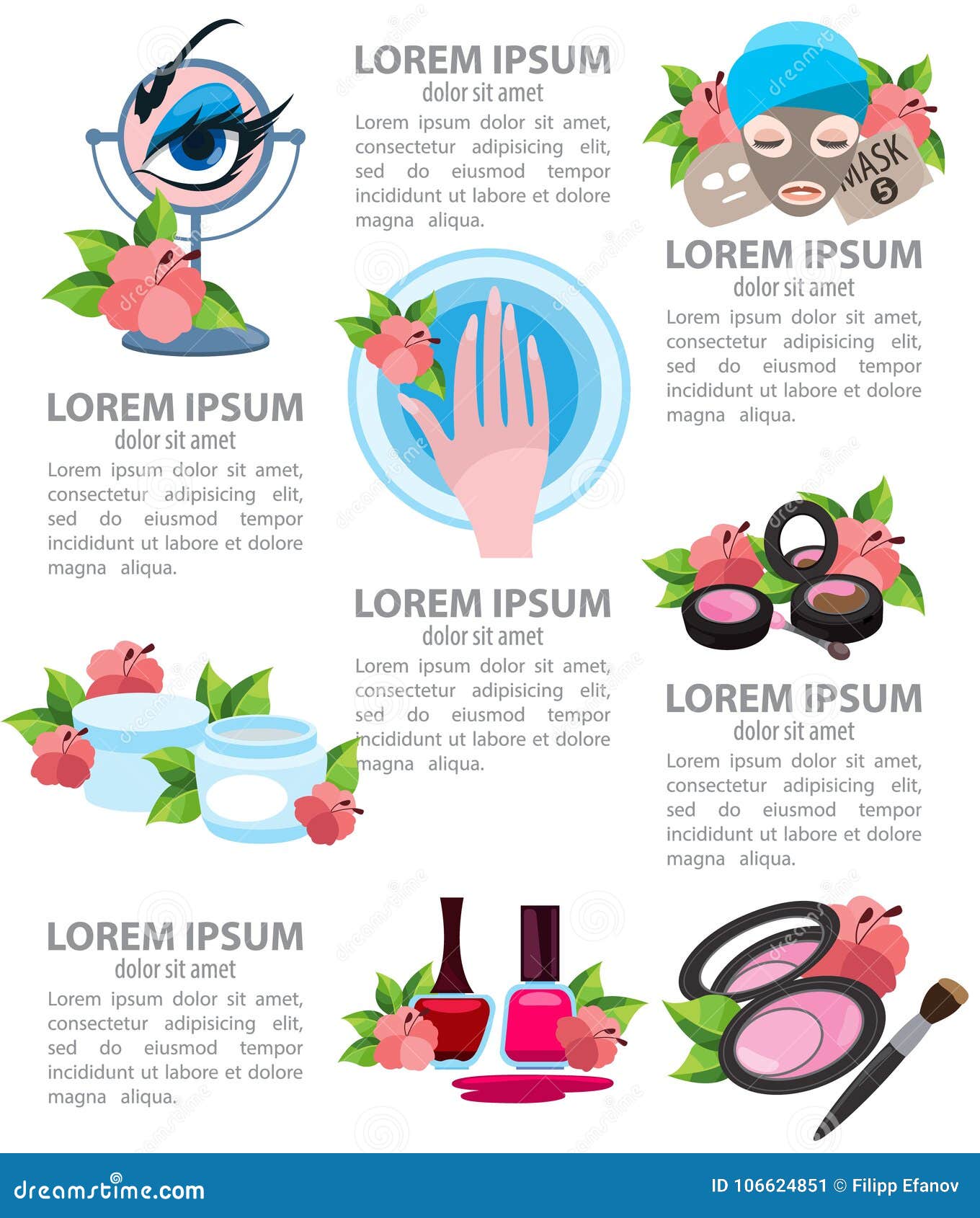Can Diet Regimen Changes Aid Lymphedema Manifestations?
Can Diet Regimen Changes Aid Lymphedema Manifestations?
Blog Article
Web Content Composed By-Kastrup Ohlsen
If you're dealing with lymphedema, you might wonder how much your diet plan actually influences your symptoms. Certain foods can play an important function in handling swelling and fluid retention. By making certain dietary changes, you might potentially enhance your total health and wellness and well-being. Yet what exactly should you consist of or prevent in your meals? The response may amaze you and might result in significant improvements in your problem.
Understanding Lymphedema and Its Signs and symptoms
Lymphedema happens when lymph fluid builds up in your cells, frequently resulting in swelling, specifically in the arms or legs. This condition can establish after surgical procedure, radiation treatments, or as a result of hereditary factors.
You may observe rigidity or heaviness in the damaged location, and your skin might feel stretched or appear glossy. Sometimes, you might experience discomfort or discomfort.
It's important to acknowledge these signs early, as neglected lymphedema can cause issues like infections or wheelchair issues. Monitoring changes in your body's sizes and shape can aid you manage the condition.
Understanding lymphedema is the first step towards reliable administration, enabling you to seek suitable treatments and take control of your wellness.
Foods That May Help Manage Lymphedema
When managing lymphedema, incorporating particular foods into your diet regimen can make a considerable difference.
Focus on foods rich in antioxidants, like berries, which help in reducing inflammation. Leafed environment-friendlies, such as spinach and kale, supply crucial vitamins and minerals that support overall health.
Including lean healthy proteins, like hen and fish, can assist in cells repair and advertise a healthy and balanced immune system. Also, take into consideration including healthy fats from resources like avocados and olive oil, which can enhance blood circulation.
Remaining moisturized is crucial, so drink lots of water and enjoy hydrating foods like cucumbers and watermelon.
Lastly, limit processed foods and sugars, as they can contribute to swelling and get worse signs. Making these nutritional adjustments may help you better manage lymphedema.
Practical Dietary Techniques for Relief
Making dietary changes is just one part of taking care of lymphedema; functional techniques can likewise play a substantial duty in providing relief.
Begin by staying moisturized-- beverage a lot of water to help reduce swelling. Include https://www.scoop.co.nz/stories/GE2110/S00060/covid-restrictions-on-primary-health-care-providers-compromising-health-of-new-zealanders.htm -inflammatory foods like berries, fatty fish, and leafy environment-friendlies right into your dishes.
Attempt to limit processed foods high in salt and sugar, as they can bring about fluid retention. Eating smaller sized, much more frequent dishes can additionally reduce food digestion and assistance regulate your body's feedback.
Furthermore, consider maintaining a food journal to track what works for you and what doesn't.
Lastly, speak with a nutritional expert that focuses on lymphedema for personalized advice, which can significantly boost your overall monitoring plan.
Conclusion
Including nutritional adjustments can make a genuine difference in taking care of lymphedema symptoms. By focusing on antioxidant-rich foods, lean healthy proteins, and healthy fats, you can support cells repair service and flow. Remaining moisturized is essential, too, while staying clear of refined foods and high-salt items helps reduce inflammation and fluid retention. With a balanced diet plan and possibly guidance from a nutritional expert, you'll not only boost your signs but likewise boost your total lifestyle. Organize mouse click the following post and wellness today!
